Article published in Nº11 Africa Supply Chain magazine (Editorial)
Transport accounts for around a quarter of global carbon emissions from energy sources. This was the finding of the Fifth Assessment Report (AR5) of the Intergovernmental Panel on Climate Change (IPCC) published in 2014.
In fact, according to the same report, this contribution is increasing faster for transport than for any other energy end-user sector. In the absence of aggressive and sustained policy intervention, carbon emissions resulting directly from transport could double by 2050.
The most polluting modes of transport are road transport, which alone accounts for 66% of greenhouse gas emissions, followed by maritime transport at 24%, air transport at 5% and rail transport at 5%, according to the International Energy Agency (IEA) report published in 2018.
This is a situation that is of great concern to the African continent, which is facing not only the challenges of economic and social development, but also the phenomena of climate change, which are having an ever-greater impact.
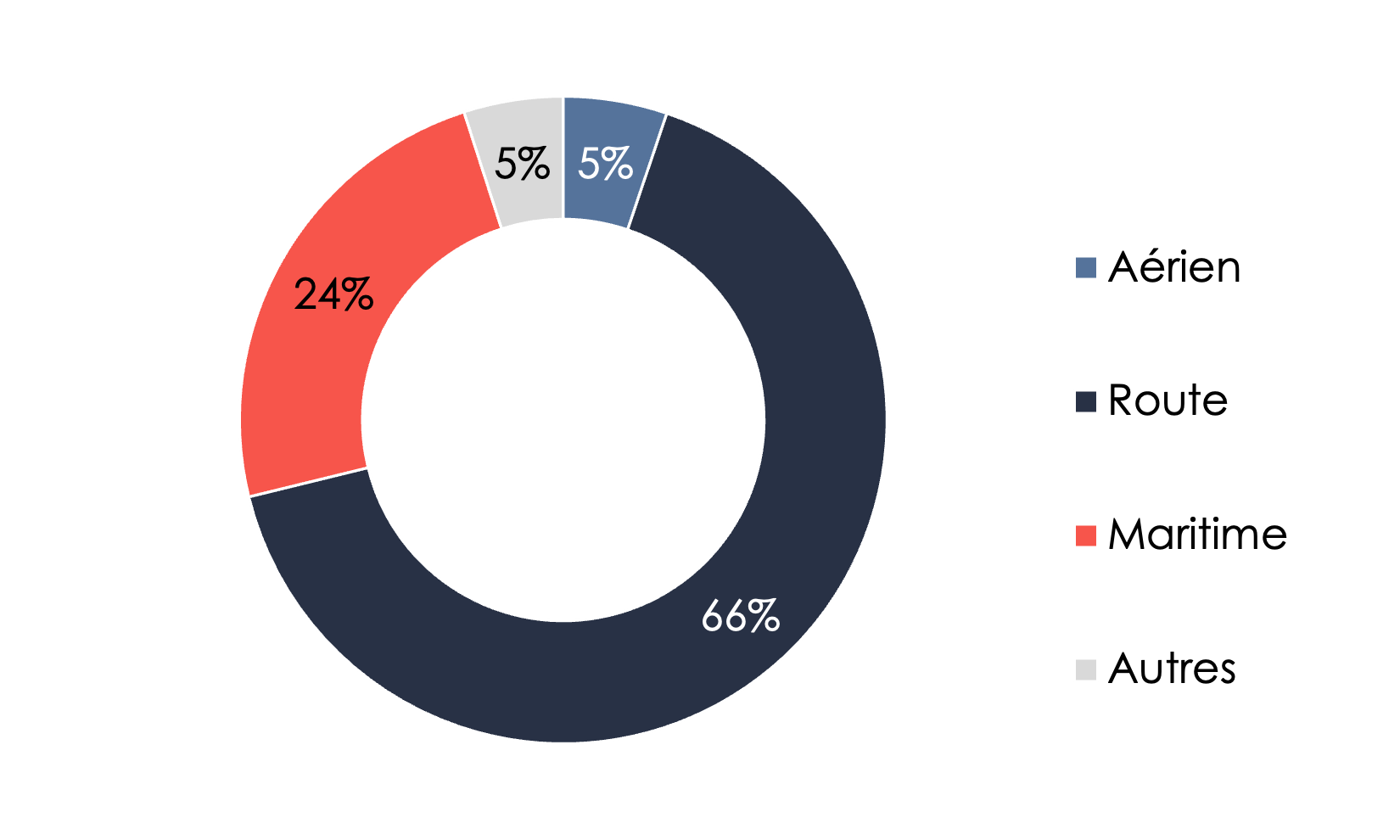
Yet Africa accounts for barely 4% of global CO2 emissions, but is home to a large number of natural resources such as oil, gas and coal, some of the most polluting products on the planet.
Now, the question we should be asking ourselves is:
Should Africa use the same Western development model, which was based on the oil economy, a major source of greenhouse gas emissions and therefore of global warming, or use other development models based on the use of renewable energies and less fossil fuels, but at what price?
The answer to such a question is not easy, because the equation is complex, and it is the whole issue of the economic development model specific to the African continent that is at stake. This explains the difficulties in negotiating CO2 reductions by countries and continents at international climate conferences.
To begin to address this issue, two observations can already be made: the African continent lacks the latest generation of transport infrastructure because it has a major deficit to make up in this area. The continent lacks the latest generation of transport infrastructure, and there is a huge shortfall to be made up in this area.
So Africa needs to build quality transport infrastructure that can cope with the consequences of climate change, particularly floods, drought, extreme heat, tornadoes, forest fires and torrential rain.
The second constant is that despite its low rate of C02 emissions, the African continent is bearing the full brunt of the consequences of climate change. In fact, in 2022, more than 7.5 million internal displacements due to climatic disasters were recorded on the African continent (IDMC, World Development Report, 2023).
In 2023, IOM Director General Amy Pope declared that the world had entered the era of climate migration. Without effective and sustainable climate action, up to 105 million people could become internal migrants by 2023 in Africa alone (World Bank, Groundswell Report, 2021).
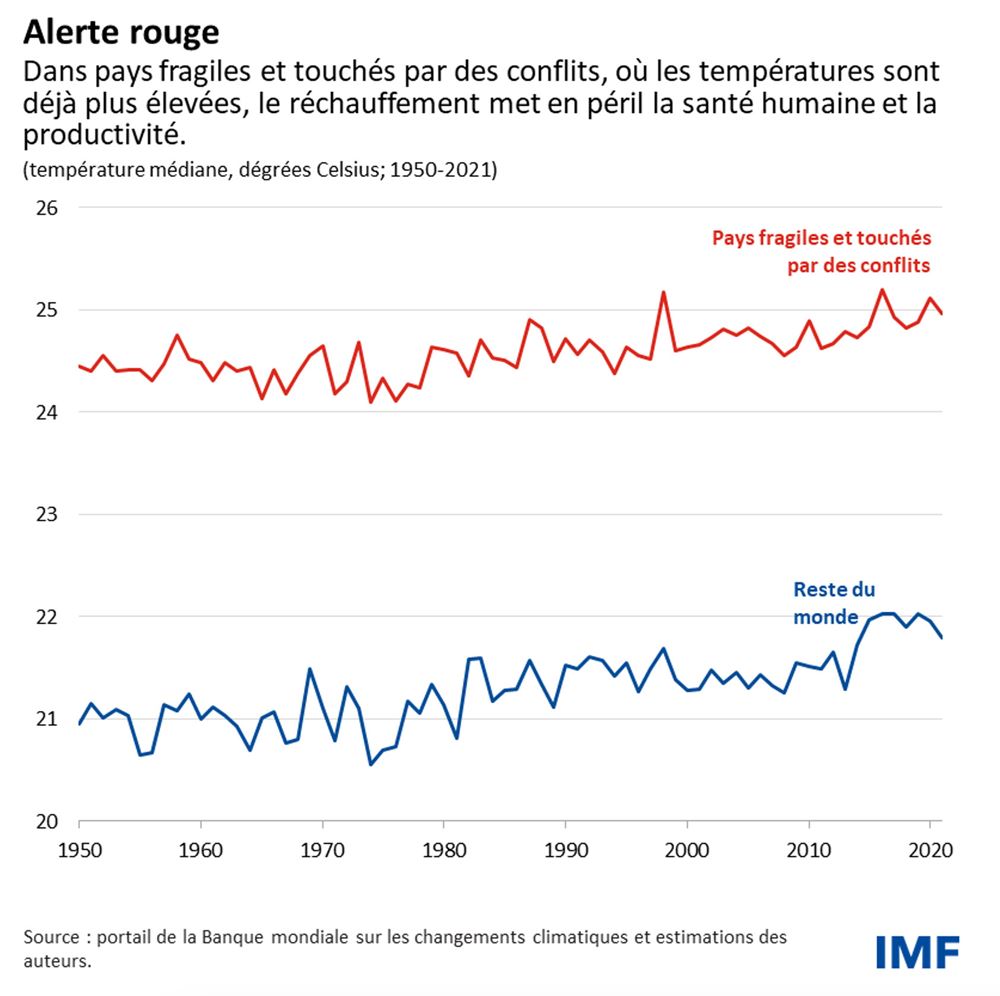
More seriously, climate change has a negative effect on the economies of the countries affected, which can manifest itself in a loss of around 4% of GDP in the three years following extreme weather events, according to the IMF report (Climate Challenges in Fragile and Conflict-Affected States, 2023).
It is therefore clear that transport and logistics activities have a significant impact on the global climate and encourage climate change, which in turn has a negative effect on the global economy, particularly in developing countries, especially those on the African continent.
Ultimately, to meet the challenges of climate change and its economic and social development, Africa must not use the same Western economic model based on excessive use of fossil energy resources.
Instead, it can use its natural resources in a measured way to support its economic development (by having its own industries processing energy products), while having a realistic carbon policy and investing in renewable energies to prepare for the future. The African continent also needs to invest in intelligent, clean transport systems to support its economic and demographic growth.
Thierno Abdoulaye DIALLO
Directeur de la publication



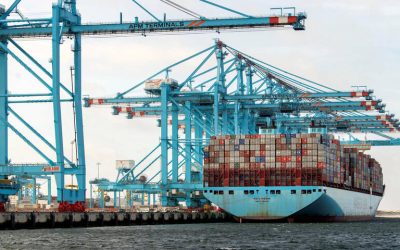

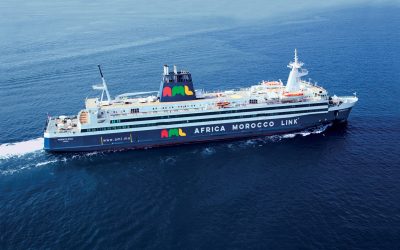

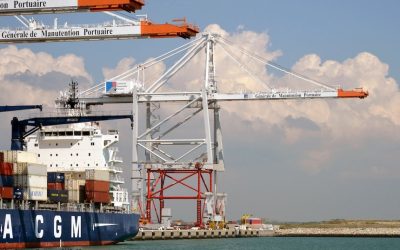
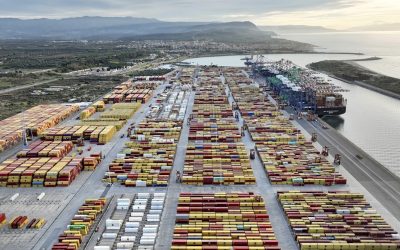
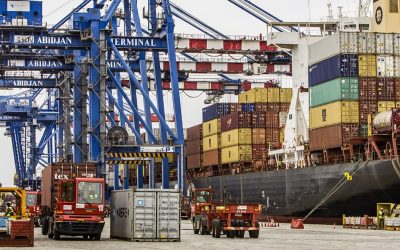
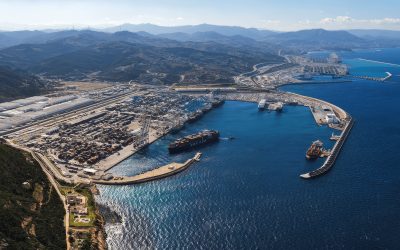
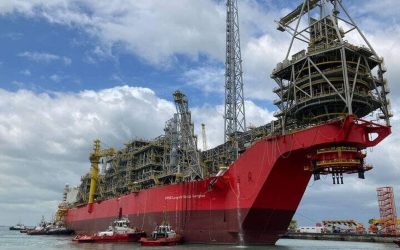
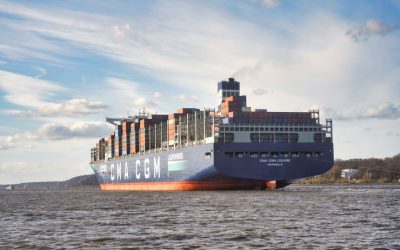






0 Comments